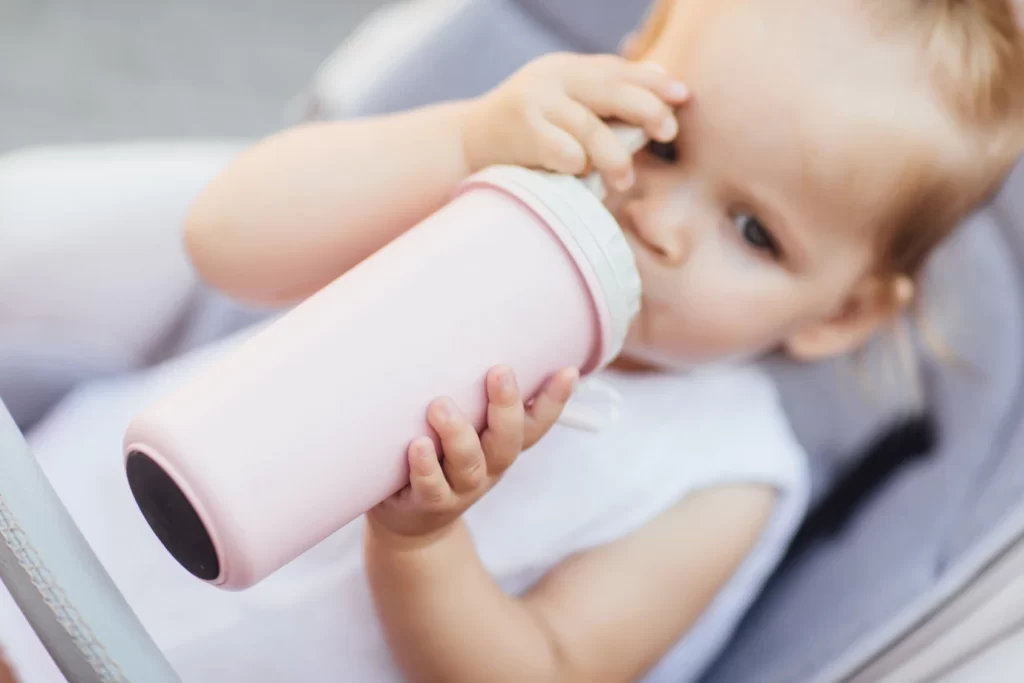Cancer Risk and Bisphenol-A (BPA) in Hard Plastics

Bisphenol-A (BPA) is a chemical that is used in the manufacture of hard plastics, such as those used in food and drink containers, water bottles, and baby bottles. There has been some concern that exposure to BPA may increase the risk of cancer. Here, we’ll explore what the research currently tells us about the link between BPA exposure and cancer risk.
BPA is an endocrine disruptor, meaning it can interfere with the body’s hormonal system. Animal studies have suggested that BPA exposure may increase the risk of breast and prostate cancer, as well as other types of cancer. However, the evidence in humans is less clear.
A review of human studies conducted by the National Toxicology Program (NTP) found “minimal concern” for the potential carcinogenic effects of BPA in humans. The NTP noted that while some studies had suggested a link between BPA exposure and cancer risk, these studies were limited by small sample sizes, inconsistent exposure measurements, and other factors that made it difficult to draw firm conclusions.
Other studies have also found mixed results. A large study conducted in Japan found no link between BPA exposure and breast cancer risk in women. However, another study conducted in China suggested that BPA exposure may increase the risk of breast cancer in women who have a certain genetic mutation.
Overall, the evidence on the potential link between BPA exposure and cancer risk is inconclusive. While some studies have suggested a possible link, others have found no such link. More research is needed to clarify this issue.
In the meantime, if you’re concerned about potential health risks from BPA exposure, there are some steps you can take to reduce your exposure. These include:
- Choosing glass, porcelain, or stainless steel containers instead of plastic ones.
- Avoiding heating food or drinks in plastic containers, as this can cause BPA to leach into the food.
- Using baby bottles that are labeled BPA-free.
- Avoiding receipt paper, which often contains high levels of BPA.
In conclusion, while the evidence is inconclusive at this time, it’s always a good idea to take steps to reduce your exposure to potential health risks. If you’re concerned about the potential link between BPA exposure and cancer, consider choosing glass or stainless steel containers, avoiding heating food in plastic containers, and using BPA-free baby bottles.
